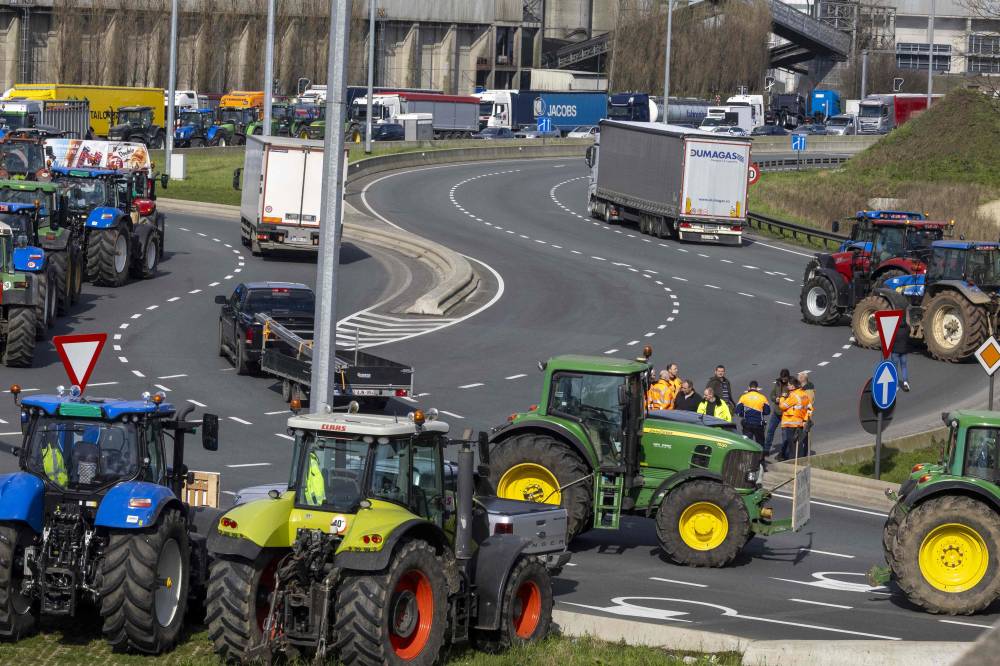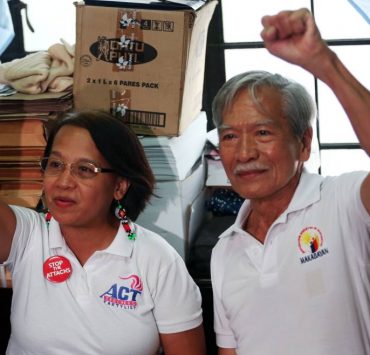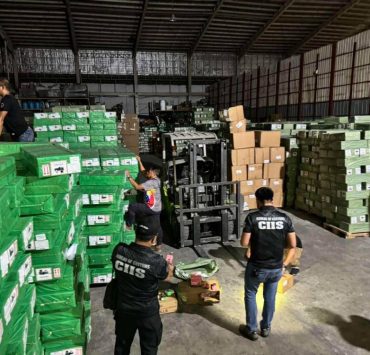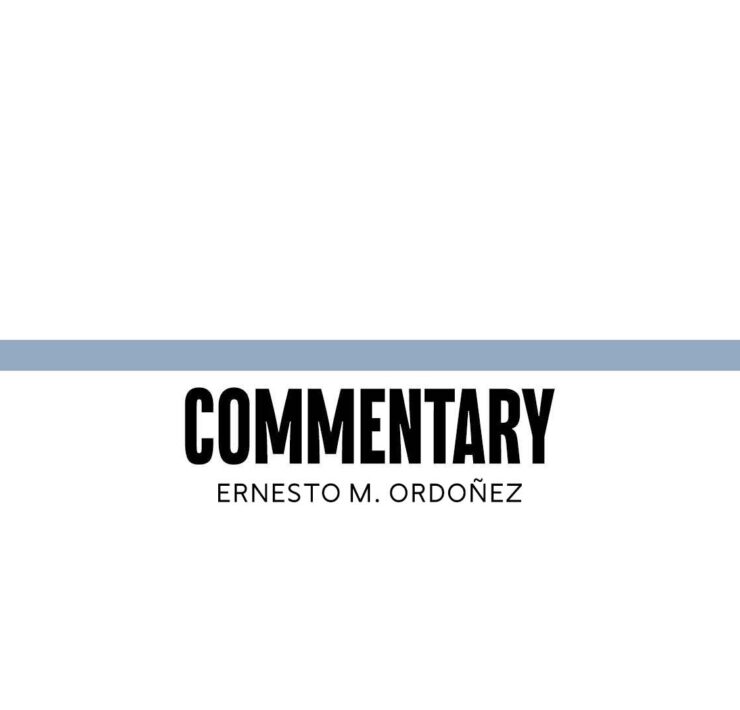Decaying farm equipment

Private sector participation in Department of Agriculture (DA) programs and implementation is absolutely necessary for good governance. I saw this when I traveled with the elected regional and provincial chairs of the public-private Philippine Council of Agriculture and Fisheries (PCAF) in Leyte. The purpose was to monitor DA-funded projects in order to make useful recommendations on implementation. We went to the municipalities of Babatngon, Barugo, Carigara and Merida. PCAF Region 8 (Eastern Visayas) chair Mike Pedroso led the team. An engineering executive who has had extensive work experience in Thailand and Chile, he is now more inclined to do farm and PCAF volunteer work today. PCAF provincial chair Bebito Matunginas, development officer Polonio Dualos (from the PCAF head office) and Dinma Catindoy from the Leyte provincial office were also there.
Previous experience
A few administrations back, I was the private sector-appointed manager of the Japan-funded Agro Industrial Technology Transfer Program. It was assessed as the best out of 57 economic development programs. Its performance was made possible because of the significant participation of the private sector in decision-making.But because of political considerations that led to the private sector being removed, the program’s performance precipitously declined.
In the last few days, we saw a very similar situation, which, we should admit is the main cause of agriculture’s disappointing performance today .
Grants
The projects we checked up on were projects backed by grants (agricultural machinery worth P500,000 to P2 million) given to farmer associations.
Sadly, some equipment were never used because they were given pro forma, sans the necessary consultation or assessment. Others were defective because the suppliers were paid in full even before they were tested properly.
There was often a lack of equipment training, or the absence of “after sales service” to address subsequent problems.
Evident, too, was the lack of concern and accountability. The recipients thought these were just grants that did not require any payback. There was not enough effort to fulfill the project commitments made.
Some government officials may just have been interested in showing their distribution numbers, but did not care about how the equipment would actually help farmers.
Here are key private sector recommendations that emerged during the Leyte trip. Before the grant is given, there should be a thorough feasibility study on production, market and financial analysis.
Even more important is the track record of the beneficiary organization.
The government municipal action officer and the private sector representative of the municipal agriculture and fisheries council should meet with the equipment supplier and the beneficiary association before project implementation. They should agree and commit to an implementation plan with targets and monitoring schedules. This way, progress is tracked and corrective actions are taken. If the beneficiary association does not use the equipment effectively, it should be taken back for another association with a good track record to use.Furthermore, the nonperforming association should be blacklisted and banned from receiving future grants.
At the PCAF midyear planning conference from July 17 to July 19, the most supported recommendation was to increase the budgetary support for PCAF private sector monitoring. During the previous administration, private sector participation was discouraged. Committees like that for international trade were abolished. The PCAF operations budget was cut in half, and has not been restored to date.
This lack of private sector oversight is partly the reason behind the unexplained and unliquidated expenses in the DA budgets for 2020, 2021 and 2022. This indicates very significant waste and corruption.
Agriculture Secretary Francisco Tiu Laurel Jr. is now taking concrete steps to address this. But private sector participation at the provincial and municipal levels through PCAF is also badly needed. Monitoring should be on a wider and more frequent basis (not just the current once a year system). Congress should provide the budget for this.
It is only with private sector participation in governance that our agriculture development can achieve its needed transformation. INQ
The author is Agriwatch chair, former secretary of presidential flagship programs and projects, and former undersecretary of the Department of Agriculture and the Department of Trade and Industry. Contact is agriwatch_phil@yahoo.com.




















